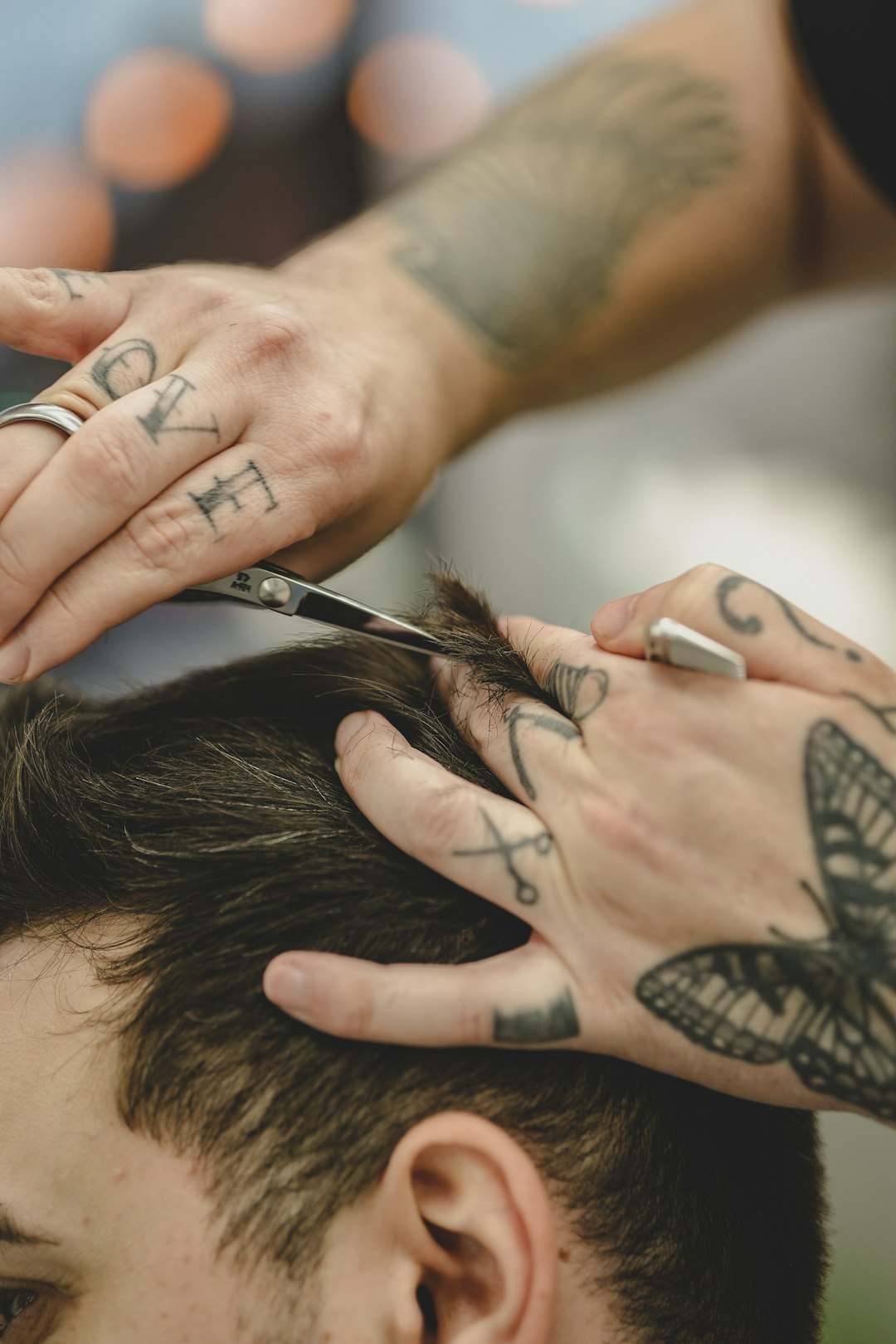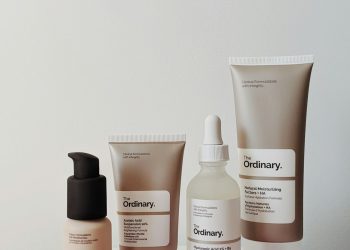Acne-prone skin can be incredibly frustrating to deal with, but with the right skincare routine, you can effectively manage breakouts and achieve clearer, healthier skin. In this blog post, we will discuss the perfect skincare routine for acne-prone skin, helping you achieve the results you desire.
Step 1: Cleansing
A crucial step in any skincare routine is cleansing. For acne-prone skin, it is essential to use a gentle cleanser that will effectively remove dirt, oil, and impurities without stripping the skin of its natural oils. Look for a cleanser that contains salicylic acid or benzoyl peroxide, as these ingredients can help unclog pores and reduce acne-causing bacteria.
Step 2: Exfoliation
Exfoliation is key in preventing clogged pores and removing dead skin cells. However, when dealing with acne-prone skin, it is crucial to choose a gentle exfoliator that won’t irritate or further inflame the skin. Opt for chemical exfoliants like glycolic acid or lactic acid, as they gently dissolve dead skin cells and promote cell turnover.
Step 3: Toning
Toning helps balance the pH of the skin and remove any remaining traces of dirt or impurities. For acne-prone skin, look for toners that contain ingredients like witch hazel or tea tree oil, known for their antibacterial and anti-inflammatory properties.
Step 4: Treating
Acne treatments are a vital part of any skincare routine for acne-prone skin. Products containing benzoyl peroxide or salicylic acid can help unclog pores, reduce inflammation, and kill acne-causing bacteria. It is important to spot treat affected areas rather than applying these treatments all over the face, as they can be drying and irritating.
Step 5: Moisturizing
Many people with acne-prone skin believe that moisturizing is unnecessary, fearing that it will make their skin oilier or cause more breakouts. However, this is a misconception. Moisturizing is crucial for maintaining the skin’s barrier function and preventing dehydration. Look for oil-free, non-comedogenic moisturizers that won’t clog pores.
Step 6: Sun Protection
Sunscreen should be a non-negotiable step in any skincare routine, regardless of skin type. Acne-prone skin can be sensitive, so choose a sunscreen specifically formulated for sensitive skin or one that is oil-free. SPF 30 or higher is recommended to protect the skin from harmful UV rays.
Step 7: Lifestyle Factors
In addition to a proper skincare routine, certain lifestyle factors can significantly impact acne-prone skin. Eating a healthy diet, drinking plenty of water, getting enough sleep, and managing stress levels can all contribute to clearer, healthier skin. It may also be beneficial to avoid excessive touching or picking at the face, as this can lead to further inflammation and scarring.
Remember, consistency is key when it comes to skincare. It may take time to see results, so be patient and stick to your routine. Additionally, if your acne persists or worsens, it is important to consult with a dermatologist, who can provide further guidance and recommend additional treatments if necessary.
In conclusion, the perfect skincare routine for acne-prone skin involves gentle cleansing, exfoliation, toning, treating, moisturizing, sun protection, and considering lifestyle factors. By following these steps and being consistent in your routine, you can effectively manage your acne and achieve clearer, healthier skin.












